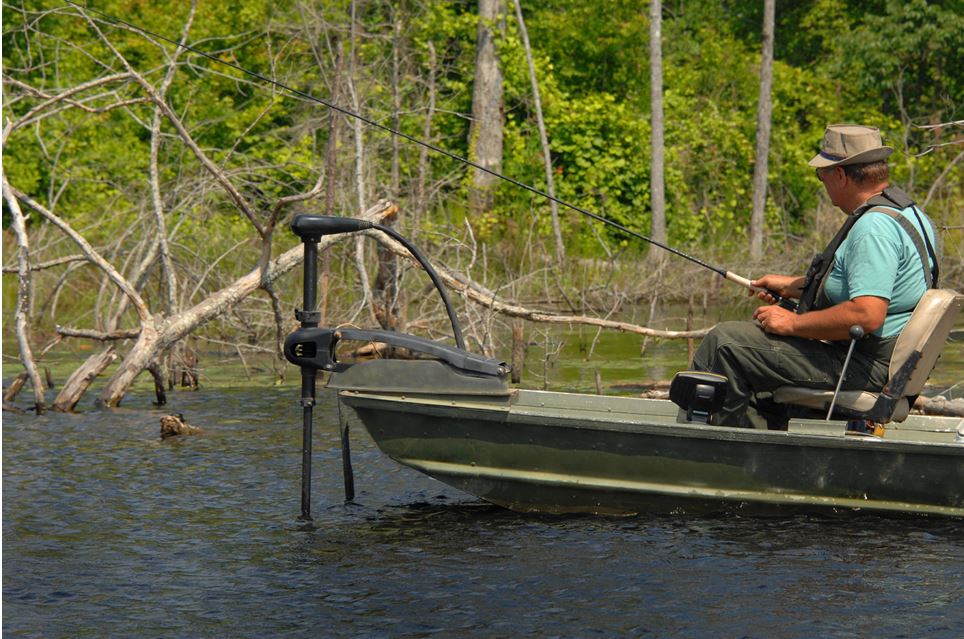
travel Traveling
Travel is one of the most enriching experiences a person can have. It allows individuals to step beyond the familiar and immerse themselves in new cultures, landscapes, and ways of life. Whether it’s standing in awe before the towering mountains, feeling the warm sand of pristine beaches beneath one’s feet, or wandering through the ancient streets of a historic city, travel broadens the mind and nourishes the soul. However, while travel brings immense joy and knowledge, it also comes with challenges, especially in terms of its environmental impact.
As tourism grows, so do concerns about pollution, overcrowding, and damage to natural ecosystems. This essay explores the benefits of travel for individuals and society, the environmental consequences it brings, and how responsible travel practices, such as ecotourism, can help preserve the planet while still allowing people to experience its beauty.
Travel is more than just a leisure activity—it is an avenue for growth, learning, and connection. For individuals, travel offers an opportunity to explore the unknown, challenge their perspectives, and embrace new experiences. Stepping into a foreign environment fosters adaptability and problem-solving skills, as travelers must navigate different cultures, languages, and customs. The exposure to diverse traditions enriches one’s worldview, cultivating a sense of empathy and understanding for people from different backgrounds.
Beyond personal enrichment, travel has significant mental and emotional benefits. It provides an escape from daily stressors, offering relaxation and rejuvenation. Whether it is the calming effect of waves crashing on a shore or the excitement of discovering a hidden alleyway in a historic town, travel has the power to refresh the mind and restore energy. Many travelers also find that experiencing new places fosters creativity, inspiration, and a renewed sense of purpose in life.
On a broader scale, travel benefits society by strengthening economies, creating jobs, and fostering cultural exchange. Tourism supports various industries, including hospitality, transportation, and local businesses. Many countries rely heavily on tourism for economic growth, and for some communities, tourism is the primary source of income.
Additionally, travel promotes global understanding and cooperation by breaking down barriers between people. When individuals from different nations interact, they share ideas, traditions, and stories, fostering a sense of unity and interconnectedness in an increasingly globalized world.
However, as travel becomes more accessible, it also brings challenges that cannot be ignored—particularly its impact on the environment.
While travel enriches lives, it also places a strain on the planet. The transportation industry, especially air travel, contributes significantly to carbon emissions, which accelerate climate change. Large-scale tourism leads to deforestation, destruction of habitats, and pollution of air and water bodies. Many popular tourist destinations struggle with waste management due to the overwhelming number of visitors. Beaches, once pristine, are now littered with plastic waste, harming marine life and disrupting ecosystems.
Over-tourism is another growing concern. When too many people visit a destination at once, it leads to overcrowding, strain on local resources, and degradation of cultural sites. Historic landmarks wear down faster, and local communities may suffer from rising costs of living due to increased demand for housing and services. In some cases, tourism-driven commercialization erodes the authenticity of cultural traditions, reducing them to mere performances for visitors rather than living practices.
To combat these negative effects, many travelers and organizations are embracing ecotourism. It is a form of travel that prioritizes environmental sustainability and cultural preservation. Ecotourism encourages responsible travel to natural areas with a focus on conservation, education, and supporting local communities. This can involve activities such as staying in eco-friendly lodges, participating in wildlife conservation programs, or choosing tour operators that prioritize sustainability. By adopting ecotourism practices, travelers can reduce their ecological footprint while still enjoying the beauty of the world.
One of the most pressing environmental concerns related to travel is the pollution of beaches and water bodies. As tourism continues to thrive in coastal regions, maintaining the cleanliness of these natural spaces becomes a crucial responsibility.
Beaches are among the most beloved travel destinations, attracting millions of visitors each year. However, their beauty is increasingly threatened by pollution, particularly from plastic waste. To protect these natural treasures, individuals and communities must take steps to ensure their preservation.
One of the simplest ways to keep beaches clean is by practicing responsible waste disposal. Travelers should always carry reusable water bottles, avoid single-use plastics, and dispose of trash in designated bins. Participating in beach clean-up drives is another effective way to contribute to conservation efforts. These community-led initiatives bring people together to remove waste and educate others about the importance of environmental protection.
Government policies and technological advancements also play a vital role in maintaining beach cleanliness. Many coastal regions have implemented strict regulations against littering, while some countries have introduced bans on plastic bags and straws to reduce pollution. Additionally, innovative machines and equipment are being developed to assist in beach cleaning efforts.
In recent years, technology has made significant contributions to environmental conservation, particularly in beach and river cleaning efforts. Various machines have been designed to tackle waste accumulation in these areas, ensuring that natural ecosystems remain unharmed.
One such invention is the beach cleaning machine, which operates by sifting through sand to remove waste materials like plastic, glass, and cigarette butts. These machines use conveyor belts to filter out debris while allowing the sand to remain undisturbed. They are widely used in popular tourist destinations where manual cleaning alone is insufficient.
For water bodies, river-cleaning robots and trash-collecting boats have been developed. These devices use sensors to detect floating waste and collect it efficiently. Some are even powered by solar energy, making them environmentally friendly solutions.
Science enthusiasts and students have also contributed to conservation efforts through science projects related to beach and river cleaning. Many have designed water filtration systems, biodegradable waste solutions, and artificial barriers to prevent plastic from reaching oceans. Schools and environmental organizations often encourage young minds to develop creative solutions to combat pollution, fostering a generation that is more aware of sustainability issues.
While technological advancements are crucial, the responsibility of preserving the environment ultimately lies with individuals and communities. Travelers must adopt eco-friendly habits, businesses must implement sustainable practices, and governments must enforce laws that protect natural habitats.
Travel is a powerful force that enriches lives, strengthens economies, and fosters cultural exchange. It allows individuals to explore new places, gain knowledge, and appreciate the beauty of the world. However, as the tourism industry grows, so does its impact on the environment. Pollution, over-tourism, and habitat destruction threaten the very destinations travelers seek to enjoy.
The key to preserving these wonders lies in responsible travel practices. Ecotourism, sustainable tourism, and environmental conservation efforts can ensure that future generations can also experience the magic of travel. Simple actions such as reducing plastic use, participating in clean-up efforts, and supporting eco-friendly initiatives can make a significant difference.
Ultimately, travel should not just be about seeing the world—it should be about caring for it. By making conscious choices, travelers can continue to explore breathtaking destinations while ensuring that these places remain beautiful for years to come.
By: Pari Mahendra Bandekar
Write and Win: Participate in Creative writing Contest & International Essay Contest and win fabulous prizes.


